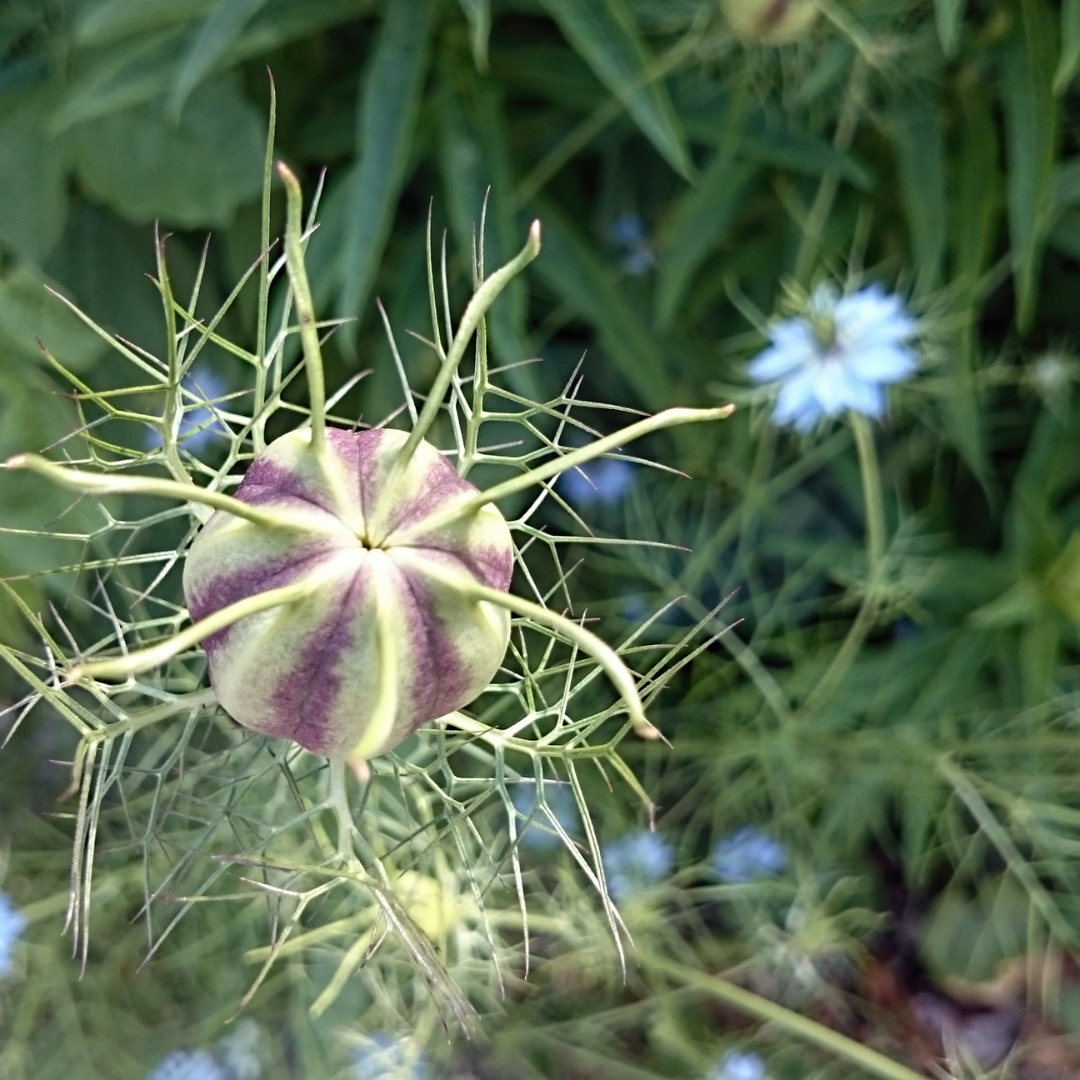Black seed oil, also known by other common names, has been used for centuries for its medicinal properties. This oil is extracted from the seeds of the Nigella sativa plant, which is native to parts of Asia and the Middle East. In this blog post, we will explore the botanical name, growing conditions, medical benefits, and scientific studies related to black seed oil.
Botanical Name and Growing Conditions
The botanical name of the plant that produces black seed oil is Nigella sativa. It belongs to the Ranunculaceae family and is native to certain parts of Asia and the Middle East, including Saudi Arabia, Egypt, and India. The plant can grow in a variety of conditions, but prefers a warm and dry climate. It can grow up to 30-50 cm in height and produces small, black seeds that are rich in oil.
Medical Benefits
Black seed oil has been used for centuries for its potential health benefits. Some of these benefits include:
- Anti-inflammatory properties: Black seed oil contains compounds that have been shown to have anti-inflammatory properties. This may help reduce inflammation in the body and alleviate symptoms of conditions such as rheumatoid arthritis.
- Antioxidant properties: Black seed oil is also rich in antioxidants, which can help protect the body against damage from free radicals. This may help reduce the risk of chronic diseases such as cancer and heart disease.
- Immune system support: Black seed oil has been shown to have immune-boosting properties. It may help improve the function of the immune system, making it more effective at fighting off infections and diseases.
- Lowering cholesterol levels: Some studies have shown that black seed oil may help lower cholesterol levels in the body. This can help reduce the risk of heart disease and stroke.
Scientific Studies on Thymoquinone
One of the main components of black seed oil is thymoquinone, which has been the subject of numerous scientific studies. Here are some of the findings related to thymoquinone:
- Anti-cancer properties: Thymoquinone has been shown to have anti-cancer properties in several studies. It may help prevent the growth and spread of cancer cells, and may also help increase the effectiveness of chemotherapy drugs.
- Anti-inflammatory properties: Thymoquinone has also been shown to have anti-inflammatory properties. It may help reduce inflammation in the body and alleviate symptoms of immune-mediated conditions such as asthma and autoimmune conditions such as rheumatoid arthritis and Hashimoto’s thyroiditis.
- Antioxidant properties: Thymoquinone is also a potent antioxidant, which can help protect the body against damage from free radicals. This may help reduce the risk of chronic diseases such as cancer and heart disease.
- Anti-diabetic properties: Some studies have shown that thymoquinone may help improve blood sugar control in people with diabetes. It may help improve insulin sensitivity and reduce the risk of complications associated with diabetes.
Conclusion
Black seed oil has a long history of use for its medicinal properties. It contains compounds that have been shown to have anti-inflammatory, antioxidant, and immune-boosting properties. Thymoquinone, a component of black seed oil, has been the subject of numerous scientific studies, and has been shown to have anti-cancer, anti-inflammatory, antioxidant, and anti-diabetic properties. While more research is needed to fully understand the benefits of black seed oil, it is a promising natural remedy with a wide range of potential health benefits.
- Banerjee, S., Kaseb, A. O., Wang, Z., Kong, D., Mohammad, M., Padhye, S., & Sarkar, F. H. (2010). Antitumor activity of gemcitabine and oxaliplatin is augmented by thymoquinone in pancreatic cancer. Cancer Research, 70(24), 9821-9830.
- Bamosa, A. O., Kaatabi, H., Lebda, F. M., Al Elq, A. H., & Al-Sultan, A. (2012). Effect of Nigella sativa seeds on the glycemic control of patients with type 2 diabetes mellitus. Indian Journal of Physiology and Pharmacology, 56(4), 345-354.
- El Gazzar, M. A. (2009). Thymoquinone supplementation attenuates the renal inflammation and oxidative stress in experimental autoimmune thyroiditis in rats. Inflammation, 32(6), 406-415.
- Salem, M. L. (2005). Immunomodulatory and therapeutic properties of the Nigella sativa L. seed. International Immunopharmacology, 5(13-14), 1749-1770.
- Woo, C. C., Kumar, A. P., Sethi, G., & Tan, K. H. B. (2012). Thymoquinone: Potential cure for inflammatory disorders and cancer. Biochemical Pharmacology, 83(4), 443-451.



2 Responses
what are your recommendations when buying black seed oil?
Hi Susana, thanks for asking. I recommend making sure you are selecting the proper herb first, by comparing the Latin/botanical name on the product. I like the Heritage brand that has the oil or capsule forms. (You can check my dispensary if you’d like). Hope this helps!